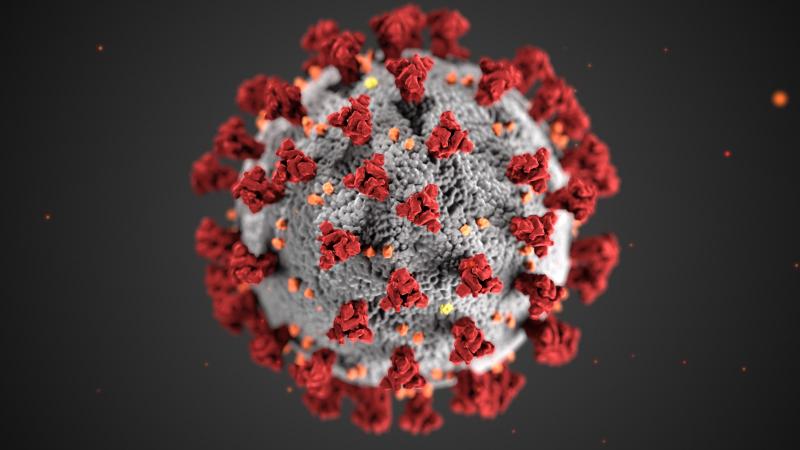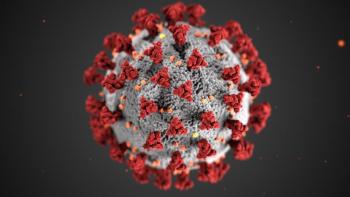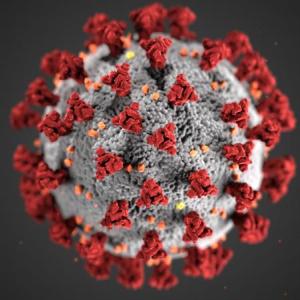Rockland, Boothbay, Belfast participating in COVID-19 wastewater screening
AUGUSTA — Two separate but complementary screening projects are being launched across Maine, the state’s Department of Health and Human Services announced Tuesday, spanning more than a dozen sites throughout the state that will monitor wastewater for the virus that causes COVID-19, improving Maine’s ability to track the spread of the virus and tailor the state’s public health response in the face of the Omicron surge.
Seven sites in Maine are participating in a U.S. Centers for Disease Control and Prevention (U.S. CDC) program that tests wastewater samples twice a week at up to 500 sites across the country. Sampling has already begun in Rockland and Boothbay, with the following five sites joining in the coming days: Bethel, Wilton, Bath, Yarmouth, and Guilford-Sangerville.
The first phase of the program, lasting three months, will focus on trends in the presence and concentration of SARS-CoV-2, the virus that causes COVID-19, in wastewater. The second phase, lasting nine months, will add genomic sequencing to help identify new variants. Data from the program will be publicly available at the county level in the coming days on the U.S. CDC COVID Data Tracker website.
In addition to the U.S. CDC screening project, the Maine Center for Disease Control and Prevention (Maine CDC) has launched its own project at up to 16 municipal wastewater treatment plants throughout the state.
Maine CDC is partnering with Biobot Analytics, Inc. of Cambridge, Massachusetts, to collect and test samples twice a week through at least June 2022. Eight sites are now receiving testing supplies and training: Blue Hill, Belfast, Greater Augusta Utility District, Calais, Brunswick Sewer District, Presque Isle Water District, and Portland Water District (East End and Westbrook). Additional sites will join the project in the coming week.
As data become available, anticipated in the coming weeks, Maine CDC will update and post data from this wastewater testing program on its website. These data will also be available in a different format on the U.S. CDC website noted above.
Wastewater screening can be an early indicator of the burden of COVID-19, helping public health officials better understand the extent of infections within communities where wastewater screening is occurring, a news release stated. The virus can be shed in the stool of individuals with symptomatic or asymptomatic infection, many of whom may not seek testing.


























